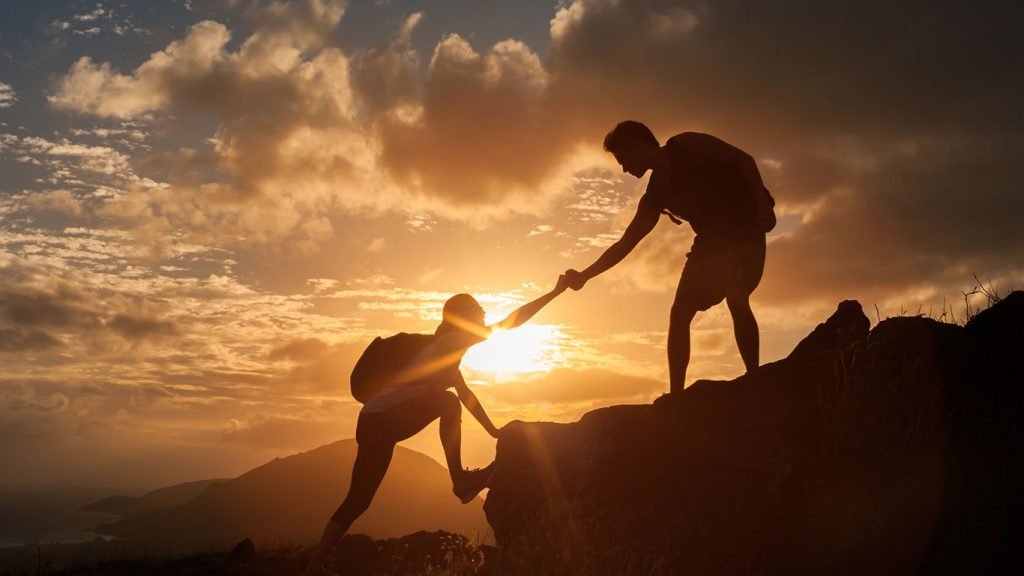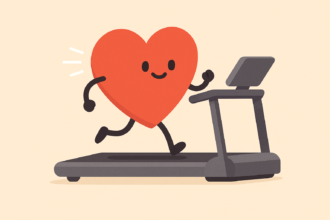Ever tried to do the right thing and felt like you were swimming upstream while everyone else floated by on pool noodles? Yeah, same. Being a good person sounds easy in theory—be honest, be kind, don’t be a jerk—but in reality, it’s like running a marathon with a fridge strapped to your back. The world seems to reward selfishness, bad behavior gets the spotlight, and let’s be real: sometimes it feels like the good folks finish last. But does that mean we should all just throw in the towel and join the chaos? Absolutely not. Let’s break down why it’s so hard to be a good person these days and why it’s still 100% worth it.
Why Do We Prioritize Ourselves Over the Group?
It’s not just you—humans are literally wired for self-preservation. Back in our cave-dwelling days, survival meant looking out for self. If you hesitated to snatch that last piece of mammoth meat, somebody else would, and that means you’d get to starve. Fast forward to today, and that instinct is still around, except now it looks like cutting someone off in traffic or hoarding toilet paper in a pandemic.
Modern society cranks this selfishness up to TEN. Capitalism thrives on competition, rewarding those who prioritize themselves. Your boss isn’t giving out raises for being too generous with your time, and social media has turned life into a highlight reel where we showcase ourselves first. Add in a sprinkle of the scarcity mindset—where people fear there’s not enough money, success, or opportunity to go around—and you get a world where generosity can feel like a losing strategy.
Why Do People Vote Against Their Own Interests?
Ever see someone passionately support a politician or policy that will clearly screw them over and wonder, what in the fresh hell are they thinking? Welcome to the wild world of cognitive dissonance, confirmation bias, and tribalism.
People don’t always vote based on logic; they vote based on identity. If they’ve been loyal to a political party their whole life, admitting that their team is screwing them over feels like betraying their own identity. It’s easier to double down than to say, “Wow, maybe I got this one wrong.” That’s cognitive dissonance—the mental discomfort of holding conflicting beliefs. Instead of changing their views, people adjust reality to fit their decisions.
Then there’s confirmation bias, where we seek out info that validates what we already believe and ignore the rest. If someone watches the same news channel every day, they’re only getting one perspective, and before you know it, they’re convinced a tax break for billionaires somehow benefits their minimum-wage paycheck.
And we can’t skip tribalism. Humans love picking sides—it’s in our DNA. Whether it’s sports teams, brands, or politics, we want to belong to a group. Once you’re part of a “team,” you’re likely to defend it, even when it’s actively making your life worse. This is how people vote for policies that gut their own healthcare or defund programs their families rely on. Logic takes a backseat to loyalty.
The Smallest Gestures Can Change the Game
Here’s the good news: being a good person isn’t about grand gestures. You don’t have to be Mother Teresa or Batman. Small acts of kindness create ripple effects that go way further than we realize.
Ever had a terrible day, and then some random person complimented your outfit? Or a stranger held the door open when your hands were full? Suddenly, the day didn’t seem so bad. That’s the butterfly effect of kindness—one small good deed can set off a chain reaction. Studies have shown that generosity is literally contagious; when people witness kindness, they’re more likely to pass it on.
Real-world example: A woman in a Florida Starbucks paid for the coffee of the person behind her in the drive-thru. That person paid for the next, and so on… for 378 people straight. It finally broke when one person just took their free coffee and dipped (classic), but the kindness had already spread like wildfire. Small effort, huge impact.
Kindness isn’t just good for others—it’s good for you, too. Science backs this up: helping others releases oxytocin (the feel-good hormone), reduces stress, and can even literally make you live longer. So yeah, kindness is basically free medicine.
So, Is Being a Good Person Worth It?
In a world that sometimes feels like it rewards selfishness, it’s easy to get cynical. But let’s be real—do you want to be that guy who wins at life by stepping on everyone else? Probably not. Being good might not always be the easiest or most immediately rewarding path, but it does pay off. Not just in karma (although hey, we can hope), but in building genuine relationships, self-respect, and a better world for everyone.
So, here’s your challenge: Do one small good thing today. Compliment a stranger, let someone merge in traffic, send a nice text to a friend. It won’t change the whole world, but it might change someone’s day—and that’s a damn good start.





